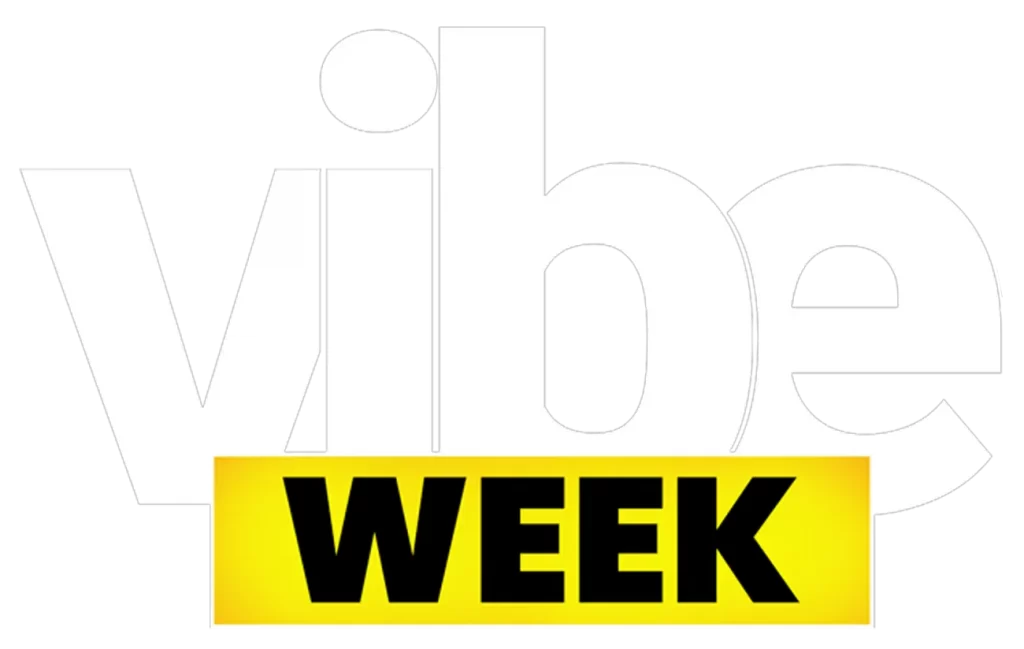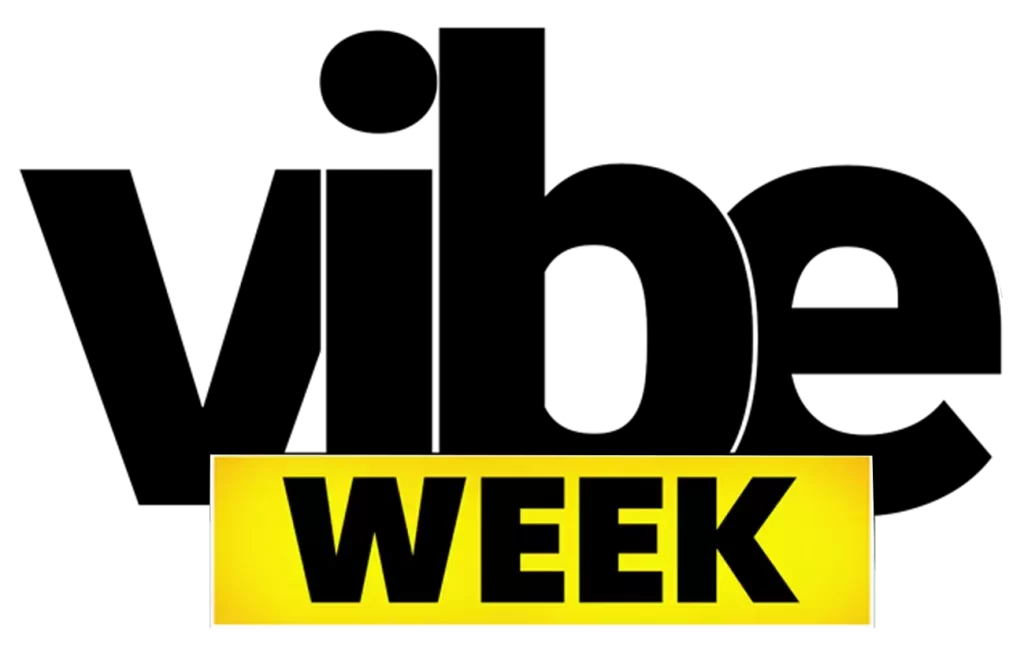Benin holds legislative elections on Sunday in which not a single opposition party is allowed to run, prompting even President Patrice Talon to admit the vote undermines the country’s democracy.
The small West African nation faces its worst political crisis in almost two decades since the electoral commission in March blocked five opposition parties on technical grounds. The only two parties allowed to participate are loyal to Talon, a 60-year-old wealthy businessman who was elected in 2016. Two former presidents have called for the vote to be suspended amid an outcry from opposition supporters and civil-society groups over the government’s increasingly authoritarian stance.
The elections are going ahead as scheduled after parliamentarians from both sides couldn’t agree on a solution in talks that went on for several days. Earlier, the opposition boycotted a meeting about the commission’s ruling with Talon, who has said he’s “very uncomfortable” with the situation but can’t interfere with the country’s laws.
“What’s happening doesn’t honor the democratic image of Benin,” Talon told state TV in an interview on April 11. “This situation brings discredit on our democracy and on me but I also need to protect what’s essential.”
Army Deployment
Benin was among the first African countries to introduce multiparty elections in the early 1990s after protests against former strongman Mathieu Kerekou, and it’s generally had smooth transitions since.

But under Talon, whose entry into politics was initially hailed as a departure from the domination of the entrenched political class, the government has clamped down on media, curbed the right to strike and used the army to quell protests.
The commission’s decision to exclude the opposition stems from recent changes to the electoral code and the charter of political parties, which include a stipulation that parties must have 249 million CFA francs ($428,242) to contest the polls. The two parties that met the commission’s criteria — the Progressive Union and the Republic Bloc — were created shortly after last year’s changes at the demand of Talon.
Perceptions that the executive will manipulate state institutions to apply the new rules are widespread, said Mathias Hounkpe, a political analyst at the Open Society Initiative for West Africa. Sunday’s vote “heightens the risk of political instability because street protests are now the only available space for the opposition to express itself,” he said.
‘Dictatorship as Governance’
Former presidents Nicephore Soglo and Boni Yayi led an improvised demonstration on April 19 in the commercial capital, Cotonou, until police used tear gas to disperse the protesters. A nationwide protest in March brought out tens of thousands of people. Yayi’s party in a statement earlier this month called for “resistance so that dictatorship doesn’t become a method of governance in our country.”

In 2017, Talon submitted proposed constitutional amendments that included a plan to limit the mandate of the head of state to a single, six-year term. After parliament blocked the proposals, he said he’ll probably run for a second term in 2021.
With no opposition in parliament after Sunday’s vote, it will be a lot easier for Talon to change the constitution, said Adeline Van Houtte, senior Africa analyst at the Economist Intelligence Unit.
“This also means that the regime will be ruling without checks and balances, opening the way for a weakening of the country’s democratic credentials,” Van Houtte said. “The opposition’s exclusion will damage the popularity of the president, who used to cherish his image as a modern and liberal president, and will weaken social stability.”




